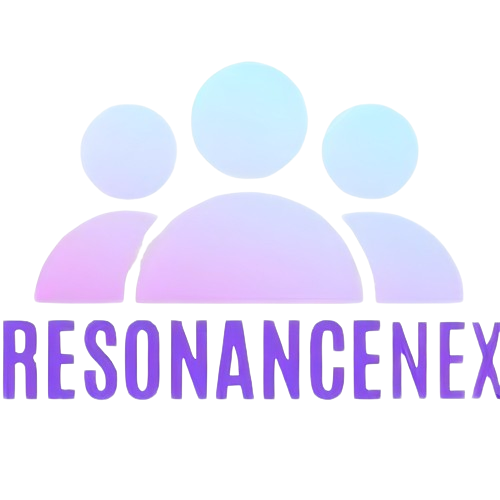Why Asking About Gaps in Employment is a Waste of Time

When it comes to job interviews, one of the most dreaded questions for many candidates is about gaps in their employment history. This question often leaves interviewees scrambling to explain personal circumstances, periods of unemployment, or career changes. However, I believe that asking about gaps in employment is a waste of time for several compelling reasons.
It Ignores the Bigger Picture

Employment gaps often occur for various reasons, many of which are beyond the candidate’s control. These could include caring for a sick family member, dealing with personal health issues, or pursuing further education. Focusing on these gaps diverts attention from the candidate’s overall qualifications and potential contributions to your organization. Instead of zeroing in on a few months or even years of unemployment, it is more productive to assess the candidate’s skills, experiences, and how well they align with the job requirements.
It Perpetuates Bias and Discrimination

Questions about employment gaps can unintentionally perpetuate bias and discrimination. For instance, women are more likely to take career breaks for childbirth and childcare. By emphasizing these gaps, employers may unconsciously penalize candidates for life choices or circumstances that should not be relevant to their professional capabilities. This practice can perpetuate gender bias and discourage diversity in the workplace. A more equitable approach is to assess each candidate based on their merits and the value they bring to the role.
It Overlooks Valuable Life Experiences

Questions about employment gaps can unintentionally perpetuate bias and discrimination. For instance, women are more likely to take career breaks for childbirth and childcare. By emphasizing these gaps, employers may unconsciously penalize candidates for life choices or circumstances that should not be relevant to their professional capabilities. This practice can perpetuate gender bias and discourage diversity in the workplace. A more equitable approach is to assess each candidate based on their merits and the value they bring to the role.
It Misunderstands Modern Career Paths
The traditional career trajectory of continuous, uninterrupted employment is becoming increasingly rare. In today’s dynamic job market, people are more likely to switch careers, take sabbaticals, or engage in gig economy work. Viewing employment gaps as red flags is an outdated mindset that fails to recognize the realities of modern work life. Employers should instead embrace the diversity of career paths and understand that non-linear journeys can be indicative of a candidate’s willingness to adapt and grow.
It Wastes Precious Interview Time

Time spent probing into employment gaps can be better utilized to understand the candidate’s competencies and fit for the role. Interviews are an opportunity to uncover a candidate’s strengths, achievements, and how they can contribute to your organization’s success. Delving into the reasons behind employment gaps often leads to irrelevant and uncomfortable conversations that detract from the primary goal of the interview: finding the best person for the job.
It Creates Unnecessary Stress for Candidates

Job interviews are inherently stressful, and questions about employment gaps can exacerbate this stress. Many candidates may feel anxious or defensive when explaining their gaps, which can negatively impact their overall performance in the interview. By avoiding such questions, interviewers can create a more positive and supportive environment, allowing candidates to present their best selves and fostering a more productive dialogue.
Instead of focusing on employment gaps, employers should prioritize a candidate’s skills, experiences, and potential to thrive in the role. By shifting the focus away from gaps and towards the bigger picture, organizations can make more informed and fairer hiring decisions. In doing so, they will not only enhance their recruitment process but also build a more diverse and dynamic workforce.
Ultimately, it’s time to move beyond the outdated practice of scrutinizing employment gaps and start valuing the diverse paths that lead candidates to your door.

 Arabic
Arabic Bengali
Bengali Chinese (Simplified)
Chinese (Simplified) Chinese (Traditional)
Chinese (Traditional) Czech
Czech Dutch
Dutch English
English Estonian
Estonian French
French Georgian
Georgian German
German Hindi
Hindi Irish
Irish Italian
Italian Japanese
Japanese Latin
Latin Macedonian
Macedonian Portuguese
Portuguese Russian
Russian Spanish
Spanish Swedish
Swedish Turkish
Turkish Vietnamese
Vietnamese